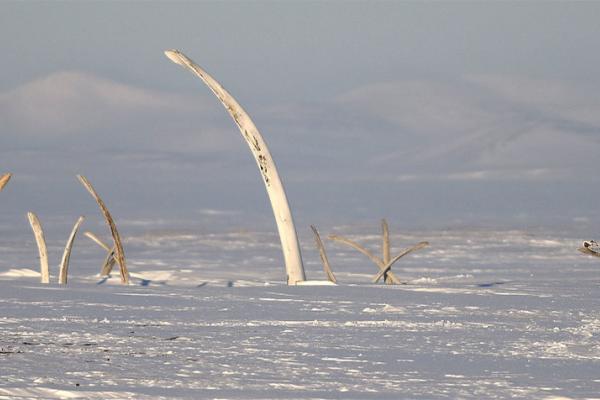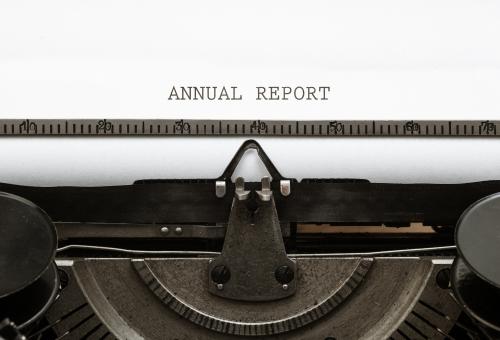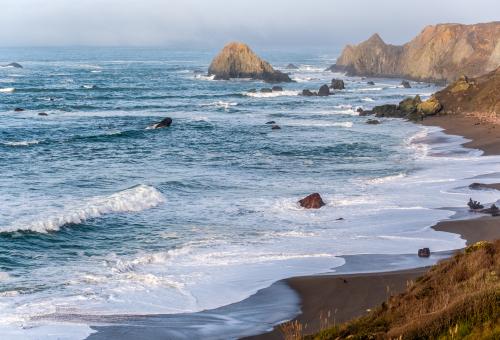Many Native Americans live near and use areas where BOEM activities are proposed and conducted. The ancestors of today’s Tribes occupied vast areas of land and depended on nearby ocean resources prior to sea level rise at the end of the last ice age, predating Tribal interaction with the U.S. government. Furthermore, it is important to note the impact that the history of Federal law and policy has had on Tribal access to ancestral lands. Policies such as the Indian Removal Act of 1830 enabled mass removal of Native Americans from their lands; these types of actions continue to have long-lasting impacts on Tribes and their relationship with the Federal government.
BOEM implements Tribal consultation policies through both formal government-to-government consultation and informal dialogue, collaboration, and engagement. BOEM is committed to maintaining open and transparent communications with Tribal governments, Alaska Native Organizations, Native Hawaiian Organizations and other indigenous communities. BOEM’s approach aims to emphasize trust, respect, and shared responsibility as part of a deliberative process for effective collaboration and informed decision-making.







